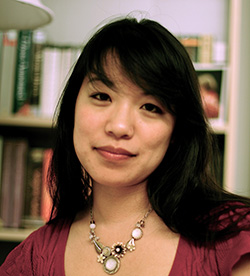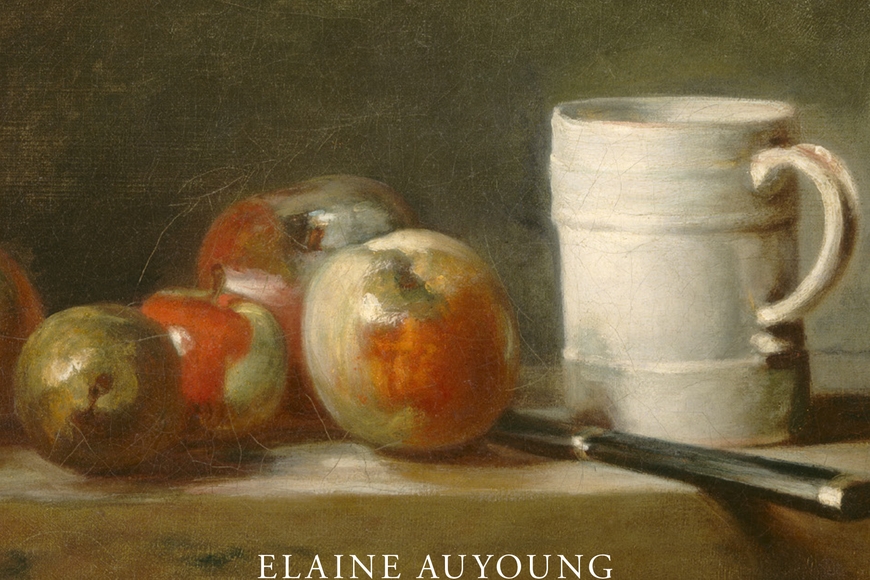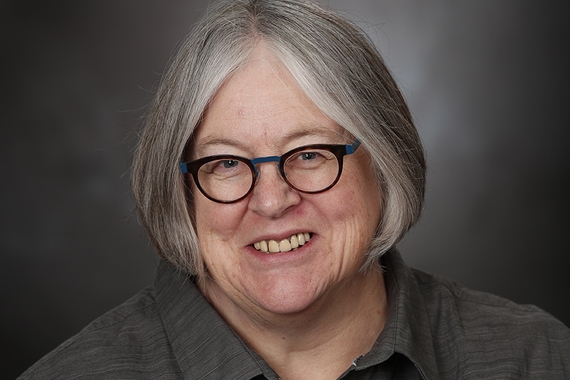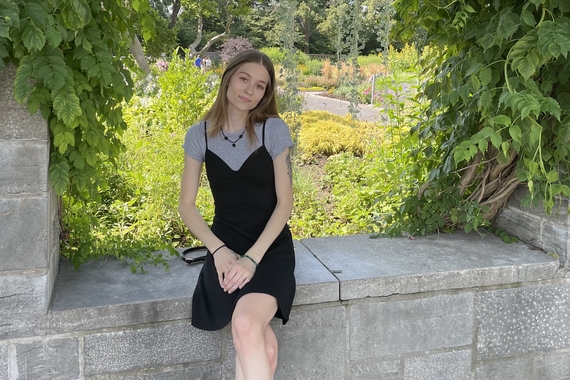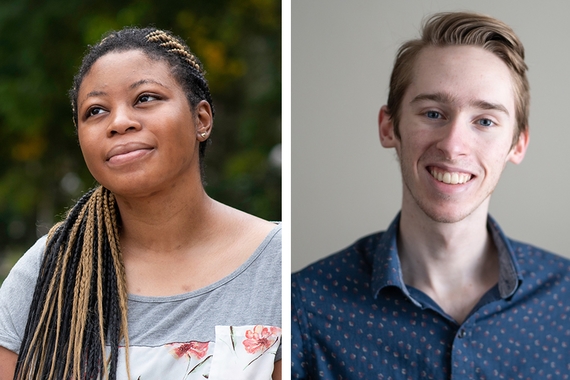Professor Elaine Auyoung explores why fictional characters can feel like real people
You finish reading a wonderful novel or favorite series, and there it is: a feeling like a hangover, or even mourning. The characters have become dear friends, and you’re already missing them.
How can a work of fiction, which is made of words on a page, feel so real? Inspired by Jane Austen’s novels, Assistant Professor of English Elaine Auyoung set out to investigate how novelists create this experience of intimacy, which literary critics have tended to take for granted as the response of naïve readers. Her first book, When Fiction Feels Real: Representation and the Reading Mind (Oxford University Press), finds surprising answers by bringing literary criticism into conversation with cognitive and social psychology.
“It turns out that even when we’re aware that literary characters aren’t real people, we can still respond to them in real ways,” says Auyoung, a 2018-20 McKnight Land-Grant Professor. “In fact, writers rely on how readily we use our everyday social and emotional intelligence to help bring fictional characters to life. In Pride and Prejudice, Austen is very good at helping us become experts on how characters like Mrs. Bennet and Mr. Collins think, so that even after the novel is over, we can imagine how they might respond to new situations."
In her book, Auyoung looks to psychological research about the reading process to explain the relationship between the experience of reading and an author’s literary technique. She shows how nineteenth-century writers such as Austen, Leo Tolstoy, Charles Dickens, and George Eliot deftly manipulate storytelling techniques to produce what we call “realist fiction.”
"Novels permit us to experience
a form of social connection
without any real risk to ourselves."
And that hangover readers can experience after a favorite novel’s close? Auyoung knows the feeling well, and addresses it in her final chapter. “We speak of being ‘friends’ with fictional characters, even though we know that these characters never existed in the first place,” she says. “But this is a form of friendship that’s entirely one-sided. The characters we love can’t love us back; in fact, they can’t pay any attention to us at all!
“What this means, though, is that novels permit us to experience a form of social connection without any real risk to ourselves,” she continues. “We get to experience freedom and intimacy in a way that’s unavailable to us in real life.”
No wonder you still miss Hermione.
